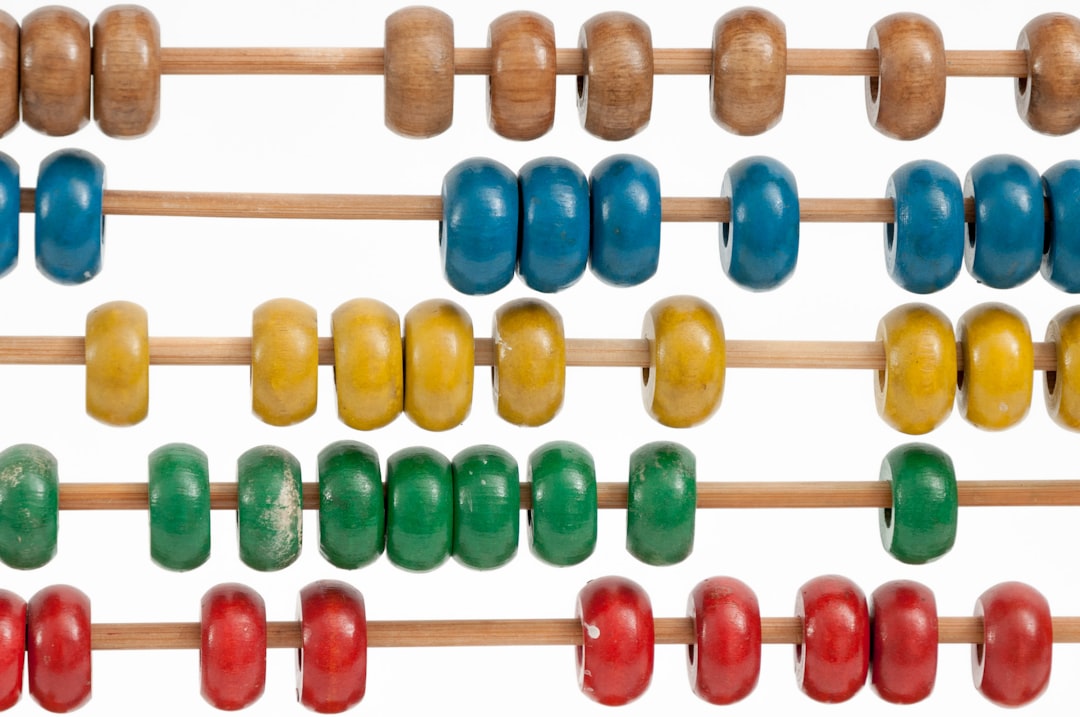Notes of an Ink-Stained Wretch
A guest post by Howie Good
What perhaps most distinguishes poetry from other forms of communication in the first quarter of the 21st century isn’t enjambment or assonance, but sincerity. Unlike the sludge of bureaucratese or the false bonhomie of commercial speech, poetry emerges out of a struggle to convey what one sincerely feels and believes. Sincerity is no guarantee that a poem will be technically sound. It does guarantee, however, that for the poet the poem is a necessary expression, a candle in the dark.
Grubby politicians, slick advertisers, and vampiric corporate honchos may all pose as sincere in their public displays, but it’s only to disguise the advancement of their own interests. Calling prisoners in the Soviet Gulags “guests” wouldn’t have made their bleak surroundings any more hospitable. So too with corporations. Their burbling about customer care doesn’t actually make them caring.
That much should be obvious to anyone above the mental level of a mollusk. And yet it isn’t. Lack of sincerity – authenticity, genuineness – is epidemic in our culture. Leaders and so-called “influencers” in business, politics, and the media will tell the public any shit they think the public wants to hear. Truth doesn’t matter to them. Virtue doesn’t matter. The only thing that matters is the result – higher ratings, greater brand awareness, a bigger bottom line.

It would be a stretch to say that art in general, and poetry, in particular, can serve as a corrective to the deliberate abuse of language for unsavory ends. The scale of corruption is too vast, and the role of poetry in public life too miniscule. But poetry can be a sincere cry of warning or protest. In a land of lies and distortions, the sincerity of the cry is the last preserve of the touchingly human.
@
Allen Ginsburg coined the famous formula, “First thought, best thought,” to describe what he considered the most effective approach to the writing process. I wonder how many of us actually find the first thought to be the best thought. For example, I rewrote this very paragraph a half-dozen times for greater clarity and coherence. Earlier versions were indistinct, a kind of fogged-up mirror. It took quite a few swipes with the side of my hand to clear the steam off the glass.
Ginsburg implies that with each revision, a poem suffers in quality. He meant, I suppose, that the poem loses immediacy, becomes less alive and more mannered. The fear seems to be that when we assiduously revise, the original spark of inspiration is smothered under the layers of later drafts.
I’m inclined to believe the opposite – that we’re more likely to fan the spark into full flame if we tend it. For me, the creation of a poem typically begins when a phrase or image bobs up from the depths of my unconscious or when I just happen to glimpse something interesting while driving around town or staring stupidly out the window. Only through revision, the repeated application of mental pressure, can such thin, unpromising material be forced into the shape of a poem.
I’m not even persuaded that the genesis of most poetry lies in the realm of thought rather than in a mood or feeling. Ginsburg disallows the possibility that it’s only in the course of writing their poems that poets discover what they have been thinking. In my experience, a poem doesn’t arise from anything so formal and specific as a “first thought” but from a nameless ache, an insistent urge.
It may seem more than a little presumptuous of me to be questioning the writing advice of a literary monument like Ginsburg, author of such masterpieces as Howl and Kaddish. Then again, perhaps all writing advice, no matter who from or how often repeated, should be regarded as merely provisional, to be followed to the extent that it helps one create and to be immediately discarded when it doesn’t. The tendency of writing advice to harden into an intimidating set of rules makes the already fraught act of creation even more so. Any piece of writing advice is only as valid as the writing it manages to encourage.
@
The best writing advice I ever received wasn’t intended as writing advice. It was back in sleepaway camp. My bunkmates and I had congregated on a small bridge over the Delaware River. I was standing beyond the safety rail, staring down at the green water some 20 feet below. Two or three others had gone off the bridge without incident ahead of me. Nonetheless, I was gripped by doubt and hesitation. “Come on,” my bunkmates were all yelling. “Jump!”
About the author: Howie Good's latest poetry collection, Heart-Shaped Hole, which also includes examples of his handmade collages, is available from Laughing Ronin Press.


